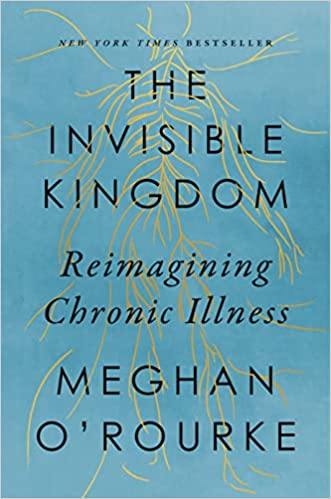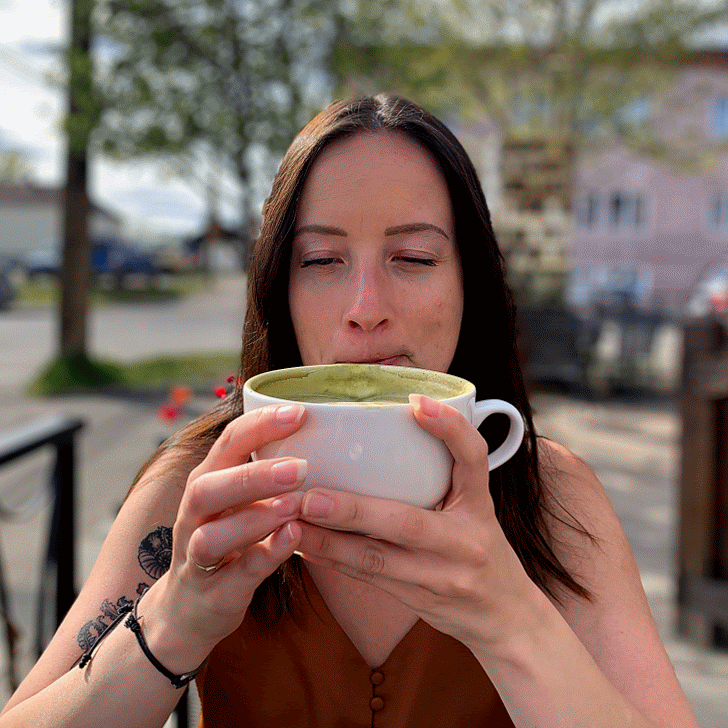Hashimoto’s is not a Thyroid Disorder, but an Immune Disorder… Here is Why This Matters.
If you have hypothyroidism you likely have Hashimoto’s. It is estimated that between 90-95% of hypothyroidism cases are caused by Hashimoto’s.
How Hashimoto’s Goes Undiagnosed
MDs often overlook Hashimoto’s because they are not wasting their time trying to find the root cause. Instead, they remedy the immediate problem in front of them. This is the key difference between holistic and allopathic medicine. If this is a new concept to you, I recommend reading The Invisible Kingdom: Reimagining Chronic Illness by Meghan O’Rourke.

A hypothyroid person is usually very tired, experiences chronic pain and could have difficulty losing weight among many other symptoms. When they are standing in front of a medical professional looking for authority this is a vulnerable moment and a huge responsibility for the practitioner. There is a small chance that taking a quick blood sample and a pill can make that go away. Hypothyroidism can sometimes be identified by testing TSH (Thyroid Stimulating Hormone).
TSH is a pituitary hormone that sends a signal from your brain to either produce more or less of your thyroid hormones. From the western medical lens, imbalanced TSH can be remedied by a synthetic thyroid replacement hormone that will bring that number back to the normal range and the treatment ends there. If your bloodwork is within range and you are still experiencing symptoms, this is where the work starts.
Testing Required to Properly Diagnose
To diagnose Hashimoto’s, a full panel consisting of TSH, T4, T3, rT3, anti-TPO, and anti-Tg.
Antibodies are blood proteins that combine chemically with substances that the body recognizes as alien, such as bacteria, viruses, and foreign substances in the blood. We need antibodies to mediate our immune system and fight off infections. Sometimes antibodies attack healthy tissue instead of pathogens: hence, Hashimoto’s is an immune system disorder.
Why We Need to Know the Difference
If you are trying to compliment yourself with food and herbal medicine, you need to come at it from the perspective that this is an immune disorder and not a thyroid disorder.
Thyroid-supporting nutrients such as selenium, zinc, iodine, adaptogens and ashwagandha are sometimes indicated. These will only help if hypothyroidism is caused by a nutrient deficiency and chronic stress. If the immune system is causing hypothyroidism, we have a whole other ballpark to explore. Knowing whether your condition is immune-mediated or not is also important because adaptogens and immunomodulating herbs such as Chaga and echinacea can exacerbate symptoms and interfere with medication.

What’s Next?
Once you have done your full panel and confirmed antibodies, we can begin the process of finding out what is causing the antibodies to multiply.
My area of expertise is evaluating gut microbiota to see if there is an autoimmune pattern using qPCR testing. What does an autoimmune gut look like? I will break this down in my next post.
Hashimotos is an immune disorder https://www.ncbi.nlm.nih.gov/pmc/articles/PMC4426893/
Hypothyroidism or Hashimotos https://thyroidpharmacist.com/articles/do-you-have-hypothyroidism-or-hashimotos-or-both/









